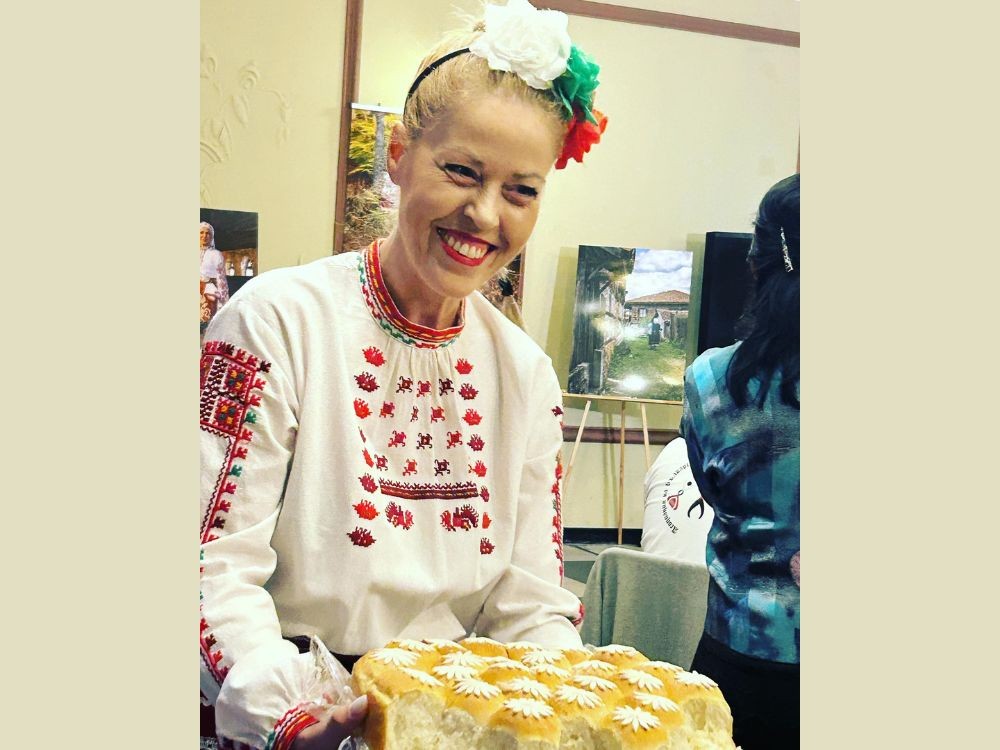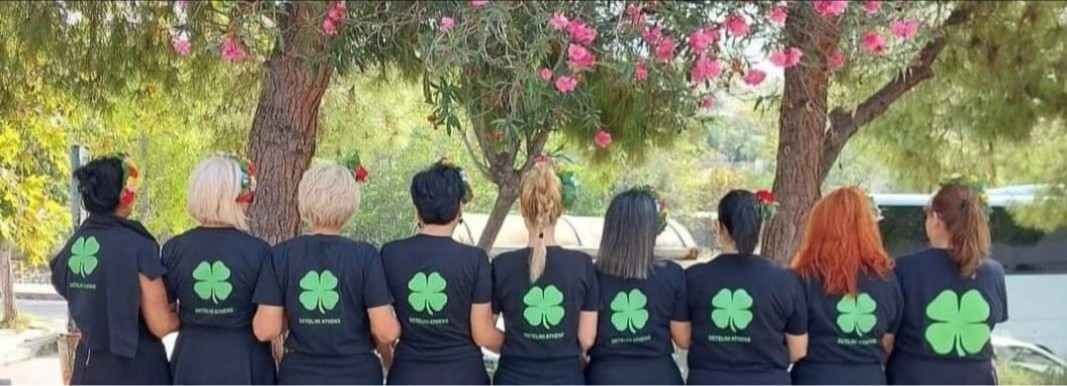

Plovdiv will offer concerts, bazaars and an ice park for the Christmas and New Year holidays to its citizens and guests, the municipality has announced. Mayor Kostadin Dimitrov will light the Christmas tree in front of the Plovdiv Municipality..
On Thursday, minimum temperatures will range from 3° to 19°C, with eastern areas reaching 15–19°C and Sofia around 6°C. The day will be cloudy with widespread rain. Heavy rainfall is expected in western regions overnight and in central and southern..
“Solutions for achieving peace in Ukraine must be based on fundamental principles of the UN Charter, such as sovereignty, independence and territorial integrity.” This was stated by Bulgarian Foreign Minister Georg Georgiev at the informal video..

+359 2 9336 661
